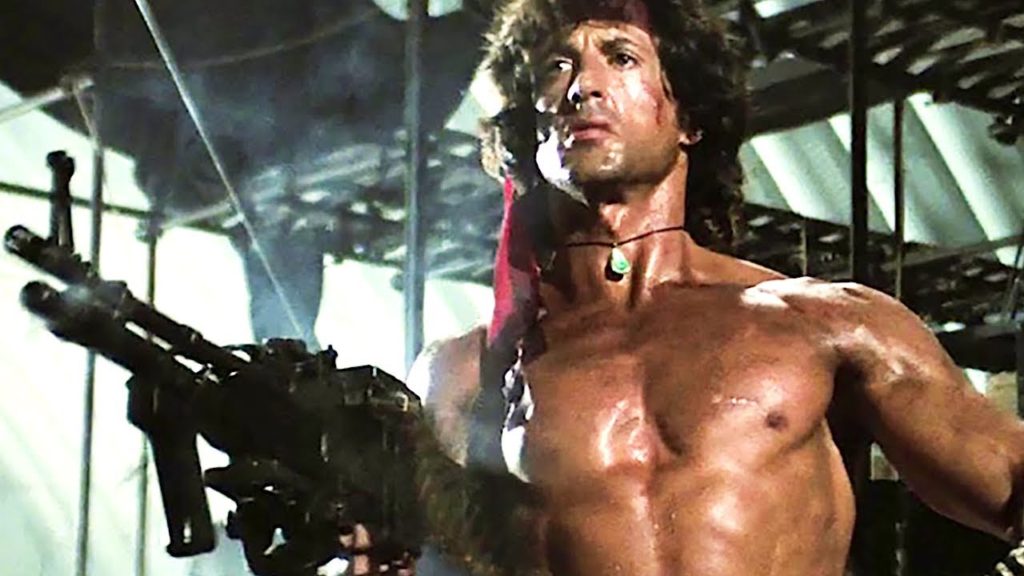
First Blood, the 1982 thriller starring Sylvester Stallone, introduced the world to John Rambo, but was not originally intended to launch a franchise.
If First Blood followed its source material and went with the original ending, John Rambo would have been killed and no sequels would have ever been made. Rambo: Last Blood marks the fifth time Sylvester Stallone has played John Rambo, the shell-shocked Vietnam veteran who never managed to escape his history of violence. It can be easy to forget, but First Blood is a markedly different film from its immediate successors. In stark contrast to the oily muscles and massive bodycounts of Rambo: First Blood Part II and Rambo III, First Blood is a post-Vietnam drama, a comparatively quiet nail-biter of an intimate thriller.
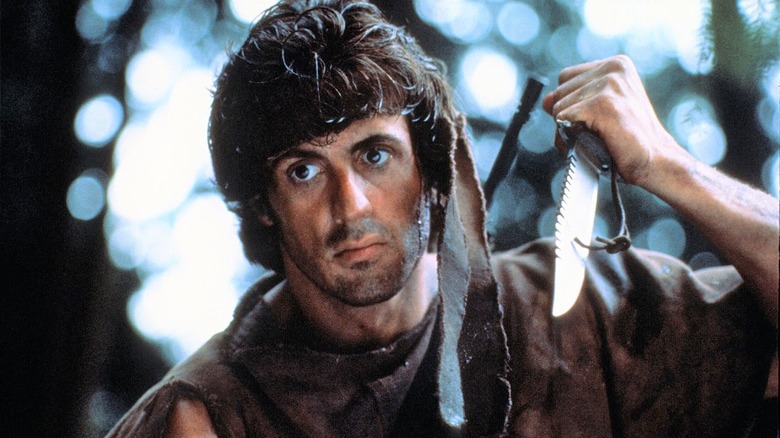
First Blood, based on the novel by David Morrell, follows a PTSD-stricken war veteran who is mistaken for a hippie drifter by the sheriff of a small mountain town. Rather than just accepting Sheriff Teasle’s abuse, Rambo decides to fight back, taking out all of his pent up rage on the residents of “Jerkwater, USA,” as Colonel Trautman puts it. By the film’s release in 1982, America was beginning to come to terms with the failure of its Vietnamese misadventure and was more than willing to put that whole mess behind them, discarding the plight of its many long-suffering veterans. First Blood was a bitter indictment of American apathy in the wake of Vietnam and a tribute to those who lost everything in those blood-soaked jungles.
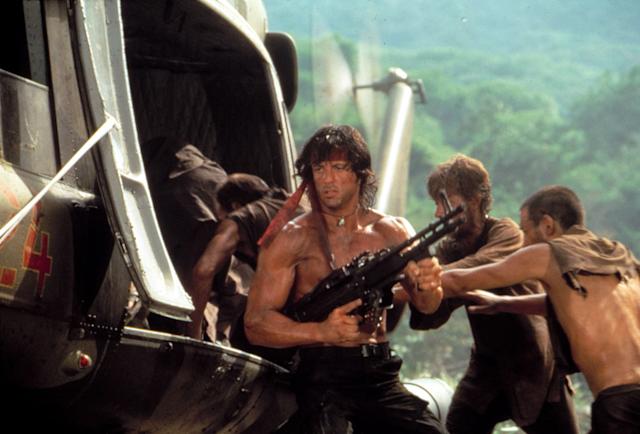
In stark contrast to the novel and its own cinematic sequels, the film adaptation of First Blood is surprisingly light on violence. The body count is only one, and he’s not killed by a bomb or a hail of gunfire, but from falling out of a helicopter by accident. However, if the film had followed its original plan, there would have been an additional casualty: Rambo himself.
In addition to its story of survival and bringing the Vietnam War home to America, First Blood is best remembered for the final scene, in which Rambo and his former commanding officer, Sam Trautman (Richard Crenna) finally confront each other, face to face. Trautman tries to convince Rambo to end his rampage by assuring him, “It’s over, Johnny! It’s over!” This statement causes
RELATED:
Top Scenes | Rambo: First Blood with Sylvester Stallone
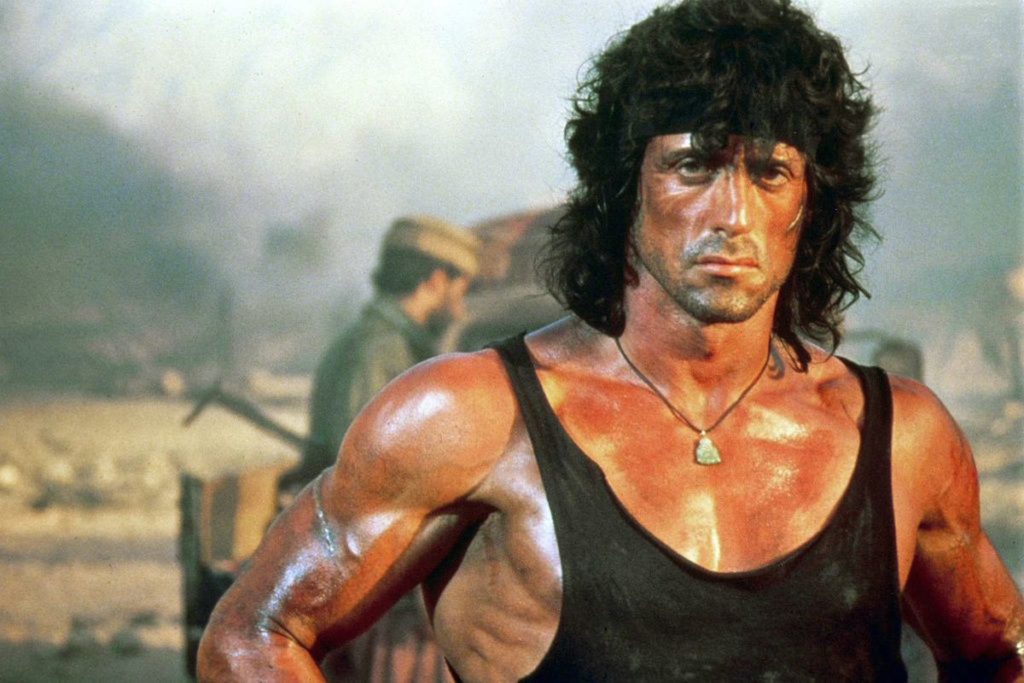
Rambo to have an emotional breakdown, describing how “Nothing is over,” reflecting on his actions in Vietnam, and scorning his meager existence back in the world. It’s a tremendous moment for the film, and remains one of Sylvester Stallone’s most cherished moments of dramatic acting.
As the film ends, Rambo turns himself over to Trautman’s custody, and is arrested for his actions over the course of the movie. However, the original ending shot for the film ended on a more tragic note. Instead of going peacefully, Rambo calmly seizes Trautman’s M1911 pistol and quietly asks for death, saying, “You trained me, you made me, you’ll kill me. You owe me that.” Without a word, Trautman initially looks to refuse Rambo’s tranquil plea, but when the veteran presses the gun barrel to his stomach, the
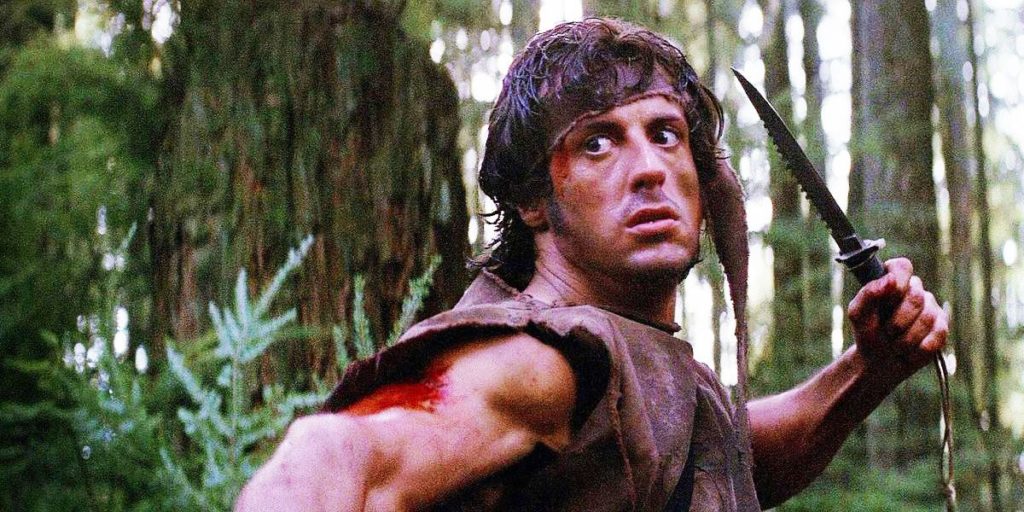
old Colonel pulls the trigger, blowing away his wayward pupil. Wordlessly, Trautman looks at his greatest success and failure, and then leaves without saying anything, as there are no words to describe the situation; only shame to lament.
Though there are some changes, this ending reflects the original novel, which also has Rambo dying by Trautman’s hand, but by a point-blank shotgun blast, rather than the comparatively more low-key pistol execution. It’s said Stallone himself changed the ending, though it’s unknown whether he had plans for sequels or if he just felt sorry enough for John Rambo that he opted to step in and change the character’s fate.
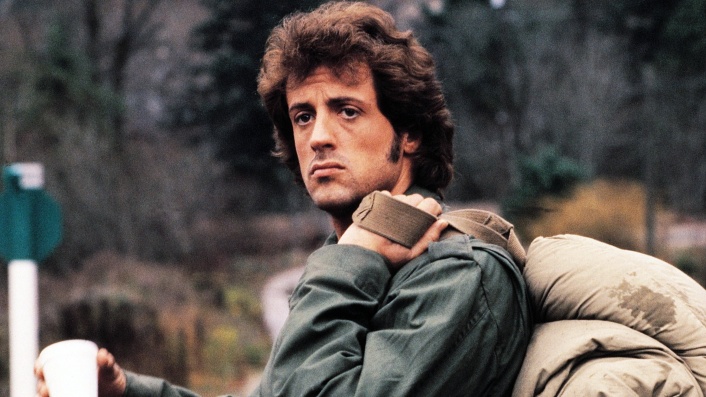
Future Rambo movies took the character in a different direction, but the series (despite Stallone’s opinion to the contrary) earned a reputation for being significantly more intelligent and politically aware than its contemporaries. Sure, Rambo frequently wound up shirtless and holding a big gun, but the series was always at its best when it used brutal action sequences to tell personal stories about senseless wars and broken heroes.
RELATED:
15 Wild Facts We Never Knew About Sylvester Stallone’s ‘Rambo’ Films

